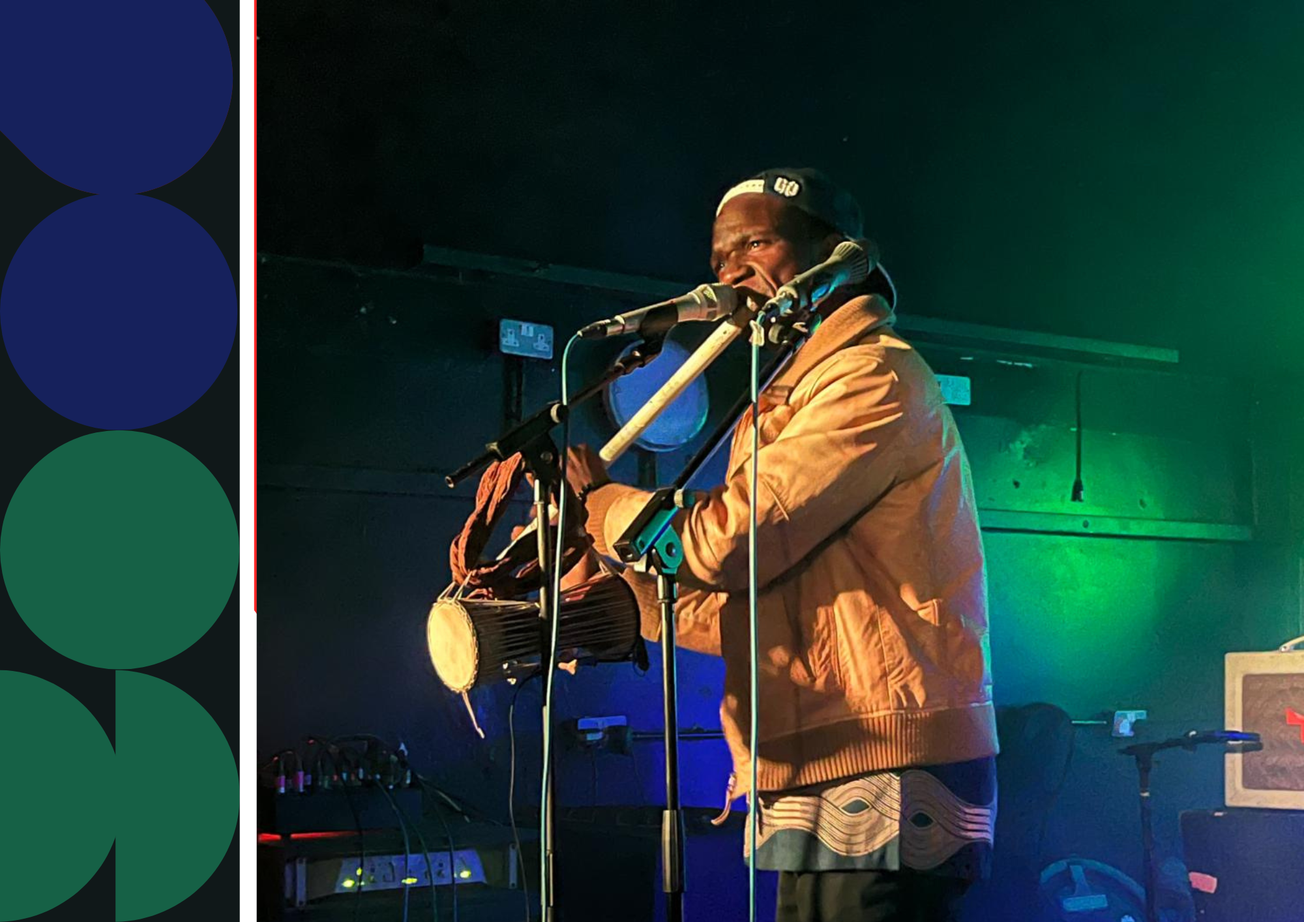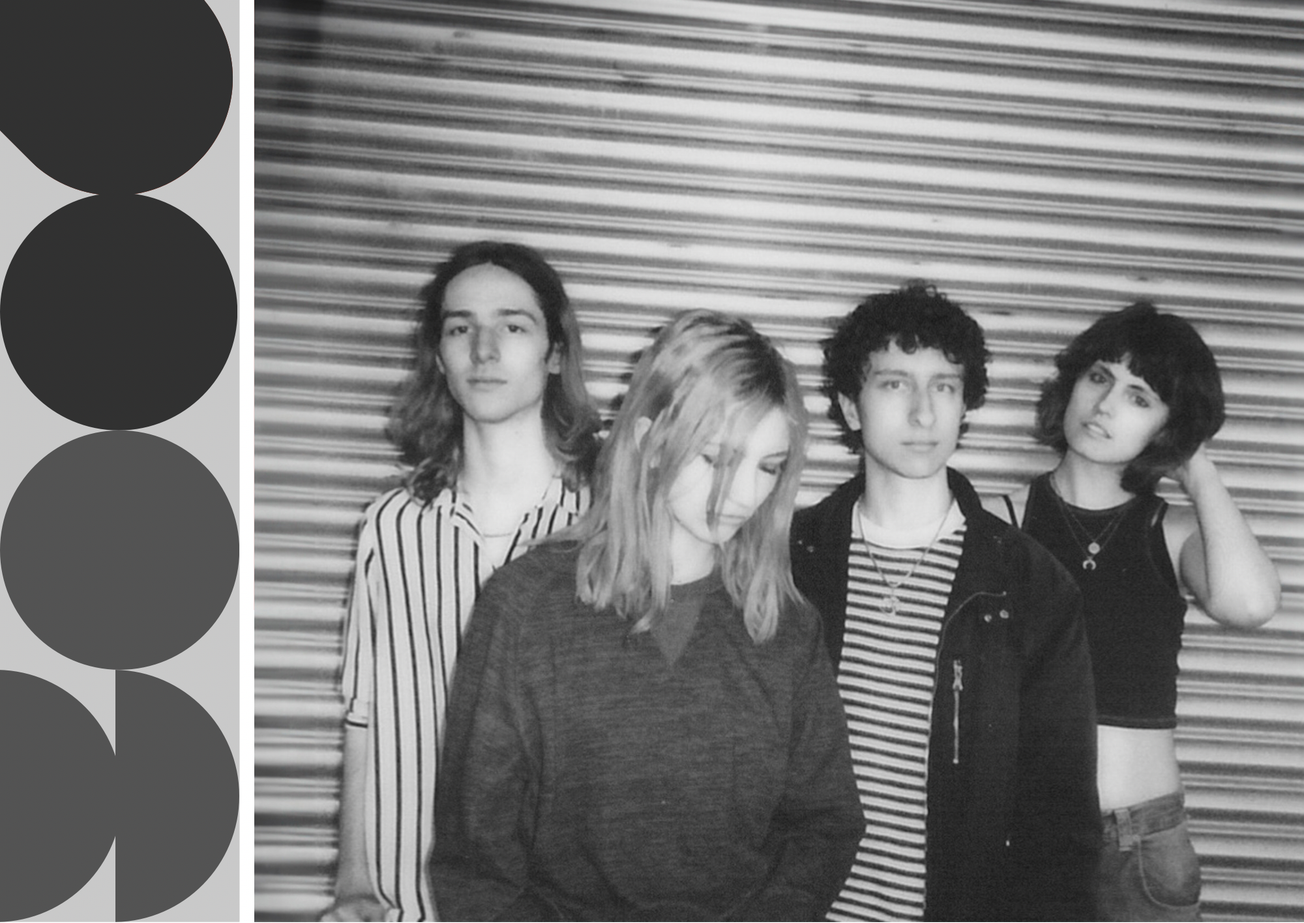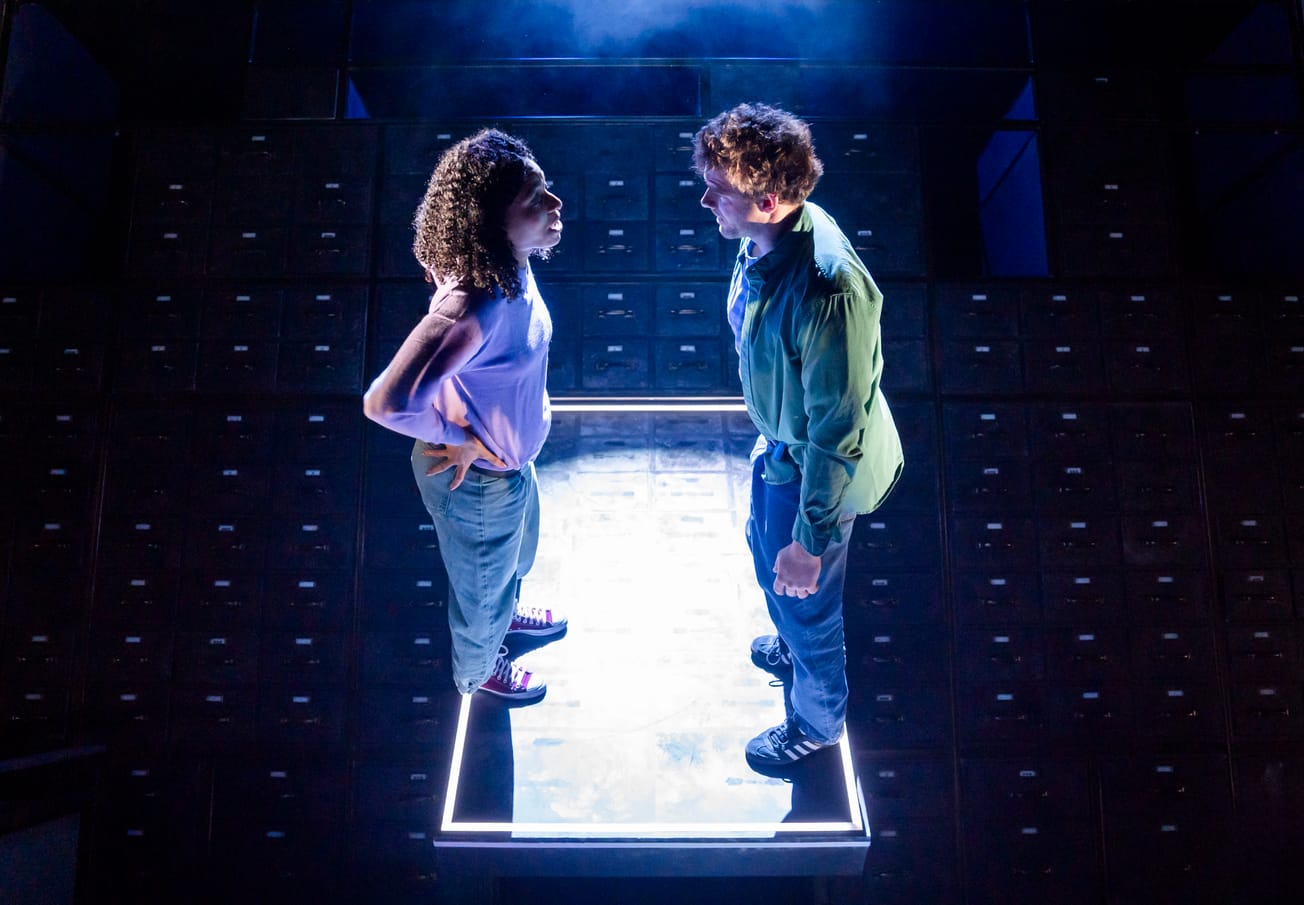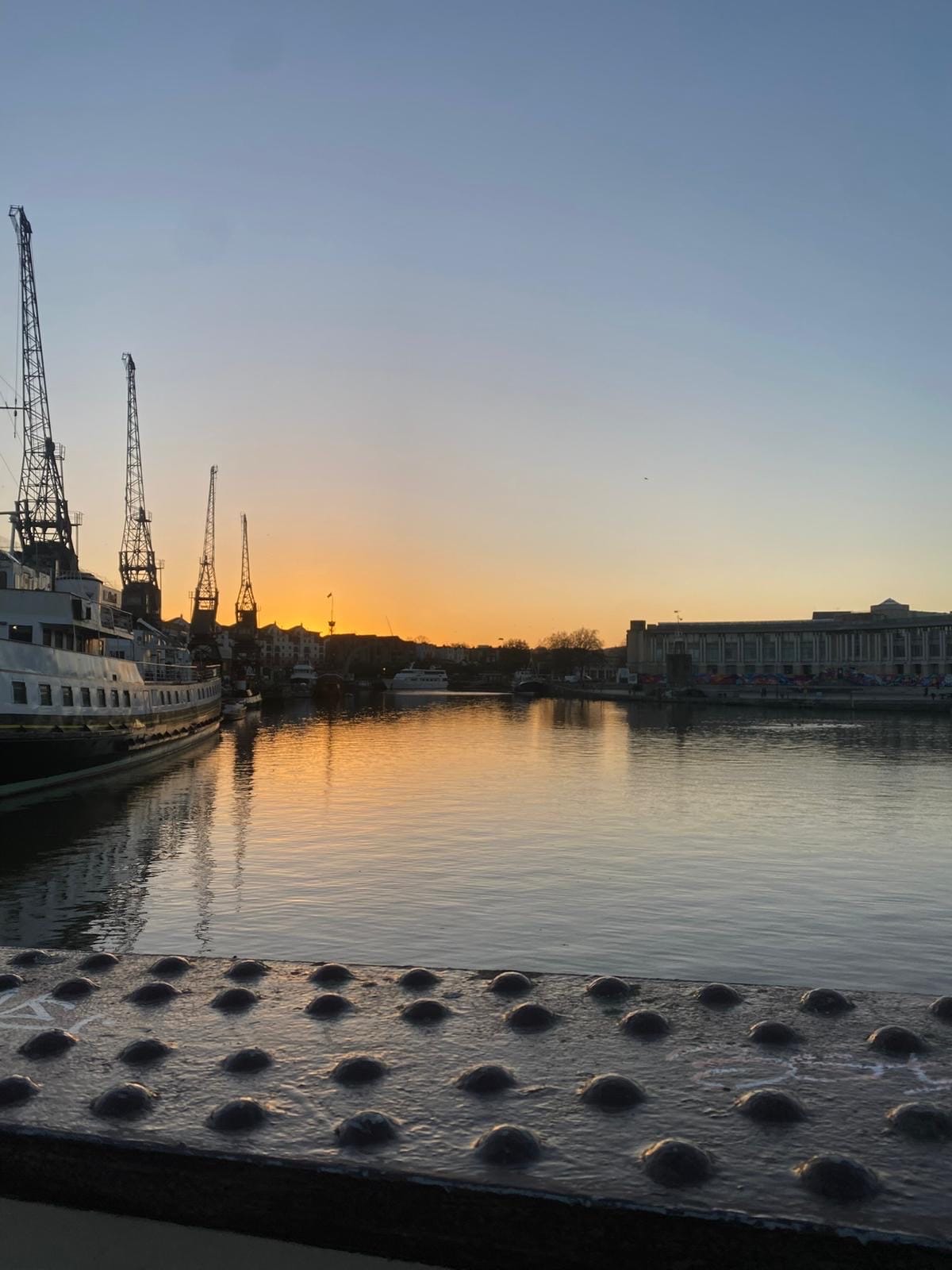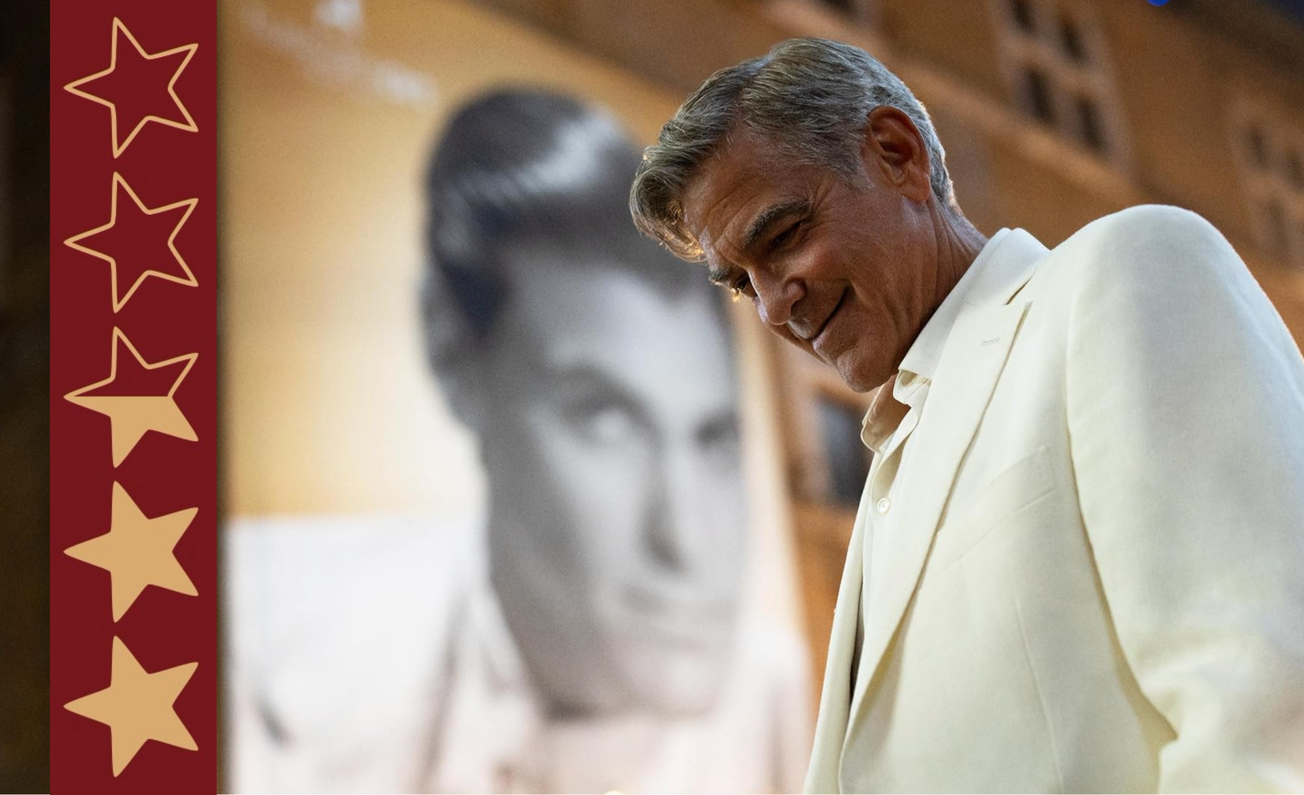At the grand age of 87, Clint Eastwood delivers some experimentally filmed, good old fasishoned American herosim; and it kind of works. By Joe Hillyer.
Over his 60 year career in film, Clint Eastwood has always been good at surprises, and there’s no change to that rule in his latest biographical drama, The 15:17 to Paris.
Based on the true story of the 2015 Thalys train attack, this 90-minute, real-life film runs us through the lives of three American soldiers and the moments leading up to and following the attack, interjected by occasional flashbacks.
As a tribute to the heroism and bravery of the three, the film succeeds somewhat through its narrative: a journey back in time to how the soldiers met in their earlier days at a suburban private Christian school and their developing friendship over the years.
The 15:17 to Paris perhaps achieves something special
With a nod to his earlier blockbuster drama Gran Torino, Eastwood casts in a similar way; the film stars an almost unknown cast, with the lead characters being played by their real life counterparts. Composer Christain Jacob, joined by James Bond composer Thomas Newman, makes it clear from the start that we are only going to be given small and restrained real-world sounds to go with the narrative; the only musical interest in the first thirty minutes is a brooding cello figure on our first shot of the gunman.
The story moves through the mundane but very real journey of our military trio - they travel to Germany, then Holland, with the film focusing on the three backpack-travelling towards to Paris, where finally the major event unfolds.
As in most Hollywood films, we are not given perhaps the minor details; the role of a fourth British guy who played his part in the saving of many lives seems to be almost blissfully ignored. With the film being almost too everyday-life at times, The 15:17 to Paris perhaps achieves something special in being very small in screenplay. The word 'dull' is perhaps not too cruel an adjective to describe our soldier’s mind-bendingly normal holiday in Amsterdam.
Clint Eastwood has always been good at surprises, and there’s no change to that rule
Aside from a lot of relatively bad acting, (a lot of which we can expect in a film with the cast as the real characters themselves) Eastwood delivers a particularly poignant and a ‘real-life’ harrowing account of the attempted terrorist attack. As we are led into those frantic immediate minutes, Newman again provides us with the drama we know of in his most recent film scores, particularly in Spectre and Victoria and Abdul, alongside some very avant garde directing in the final moments: real footage of Francois Hollande’s ‘legion d’honneur’ presentations, set to a rather gushy piano and strings theme by the two score writers.
Almost in the blink of an eye, the film ends with a rather ‘on the nose’ cadence; unfinished and perhaps even anticlimactic in what would perhaps lend itself to the raw and real experience itself. A documentary-style immediacy sandwiched by some rather minimal screenplay warrants giving The 15:17 to Paris some merit and there’s a raw realism captured here that could only really have ever been painted by the heroes being cast as they are in this film as themselves.
Picture credit: YouTube / Warner Bros. Pictures


